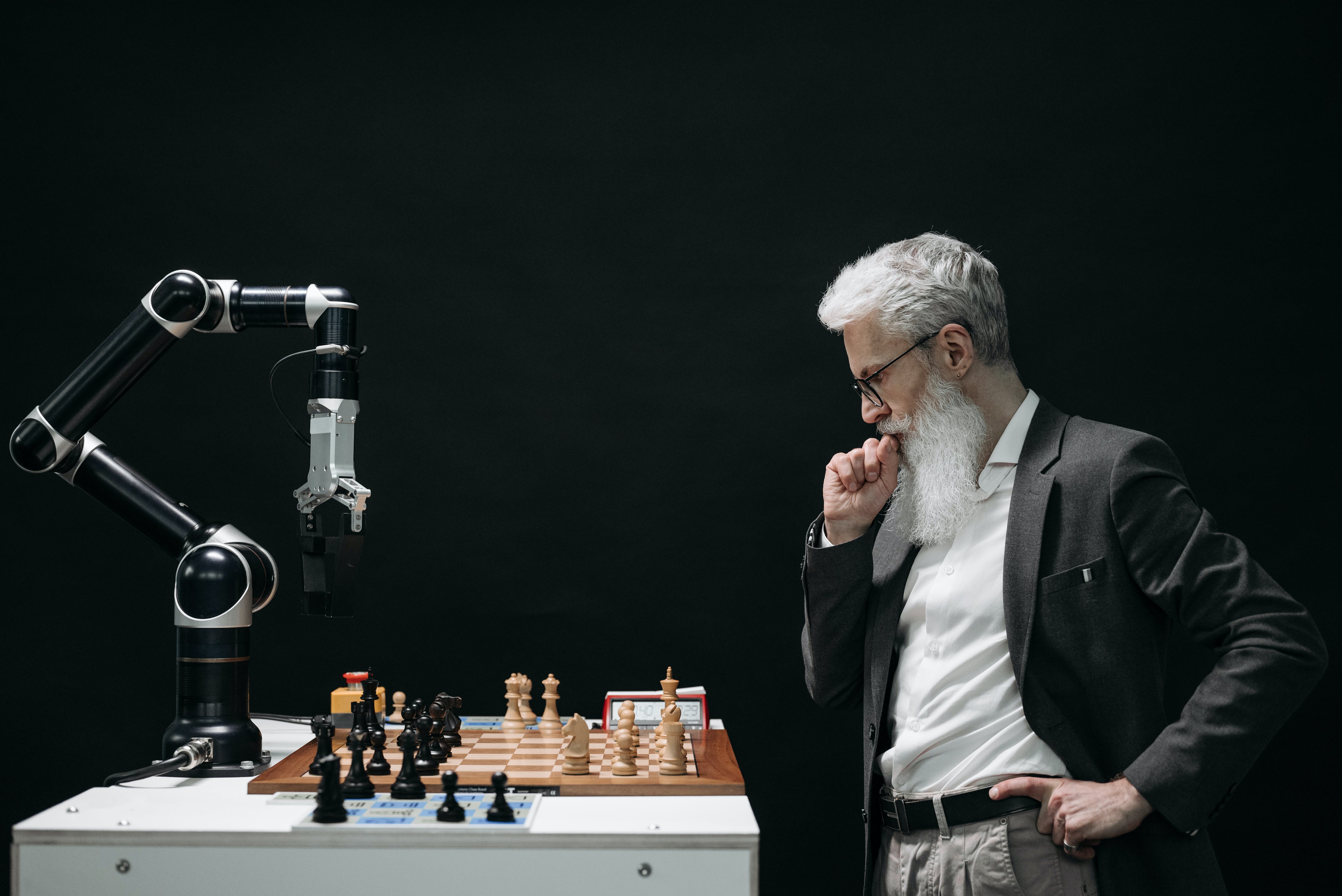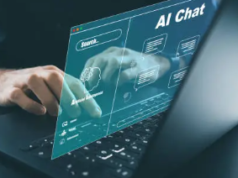Can Artificial Intelligence Replace Human?
The idea of artificial intelligence, or of machines being smarter than people, is closely related to the idea of conscious machines. To defeat humans, machines would have to replicate, surpass, and surpass some of what makes humans unique. Such as high-level cognition and conscious perception.
However, can computers and humans be compared? Can computers gain consciousness? Can computers surpass the capabilities of humans? There are a lot of hidden assumptions and misconceptions about how the brain works that make these questions confusing and hard to answer. So, it’s important to first look at these assumptions and then come up with ideas for how machines could process information the way brains do.

In theory, it seems possible that computers of the future will be able to remember things and do math like the human brain. Nevertheless, there are a few obstacles to overcome.
Artificial intelligence and human brain
A human-like computer brain is imminent.
The neural network in our brain is very complicated. There are about 100 billion nerve cells, and each one is connected to about 10,000 other nerve cells. Specifically, computers lack the ability to simultaneously process multiple stimuli and signals.
What is artificial intelligence?
The ability of a digital computer or computer-controlled robot to carry out tasks that are traditionally assigned to intelligent creatures is what is referred to as “artificial intelligence,” or AI for short. This is a term that is frequently used to describe the process of creating systems with human-like cognitive abilities, such as the ability to reason, find meaning, generalize, and learn from previous experiences. The term is frequently used to describe the process of creating artificial intelligence.
The field of study known as “artificial intelligence” refers to the attempt by machines, particularly computer systems, to mimic the cognitive processes of humans. Speech recognition, natural language processing, expert systems, and machine vision are all ways that AI is used.
The Consciousness of Humans
Every day, virtually all of us utilize some form of artificial intelligence. From web searches to digital voice assistants, from online maps to movie and shopping recommendations, computers are now capable of many tasks that were once exclusive to human minds.
Pascal created a mechanical calculator capable of performing basic mathematical operations in 1642. He did this to assist his father with tax collection, entrusting a simple idea to a machine. We’ve come a long way since then, but one question has haunted us for decades: Will machines ever be able to go beyond performing simple computations and become, well, humans? You can know further how artificial intelligence is changing the world?
Comparing Weak versus Strong Artificial Intelligence
It is useful to distinguish between weak artificial intelligence (WAI) and strong artificial intelligence (AI) first. Both types of AI attempt to think like humans, but they differ in the extent to which their actions are a direct result of their programming. With WAI, human processes are replicated by a machine, similar to Pascal’s primitive calculator.
This is mostly done by making rules for changing the values of strings of operators between 0 and 1 that are very complicated. This process can become extremely complicated, resulting in smart devices that can tell knock-knock jokes on demand. It may even be able to tell jokes that are funnier than those in our repertoire. However, if we stray too far from what the device has been programmed to respond to, we receive the response.
Turing Test
But how much would these supposedly self-driving and adaptable systems look like humans, even if they were made? We all know that “smart” equipment doesn’t think its jokes are funny, even if they seem very clever. In fact, it is devoid of any and all types of awareness, such as consciousness, desire, cognition, and a mind. It is not because it has a better sense of humor than people; rather, it is because it is trained to deliver better jokes than humans.








